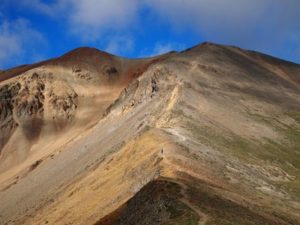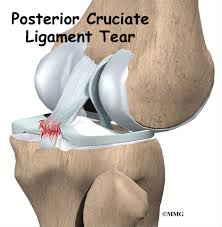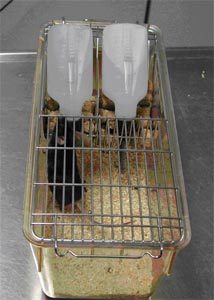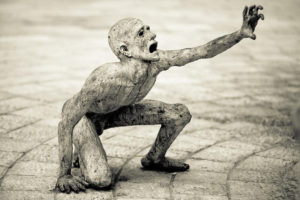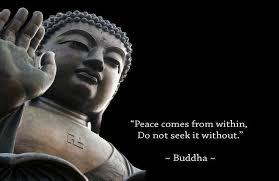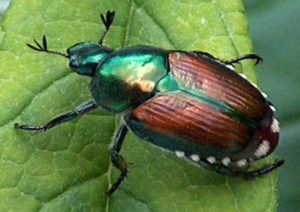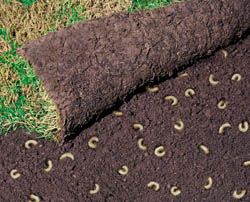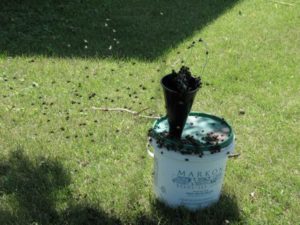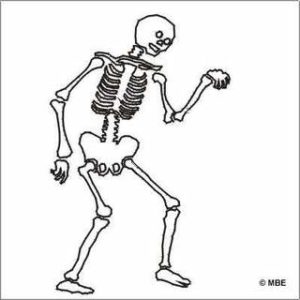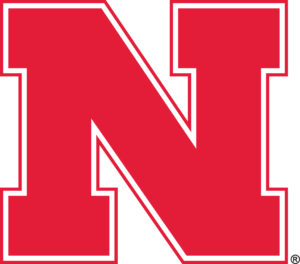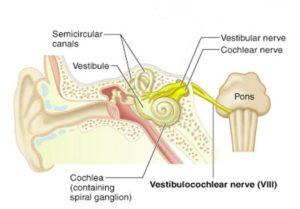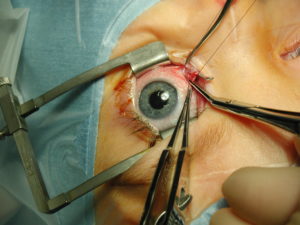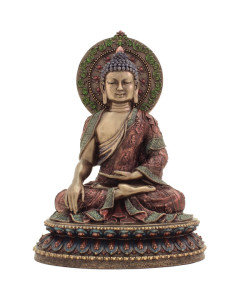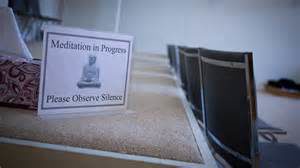Legs
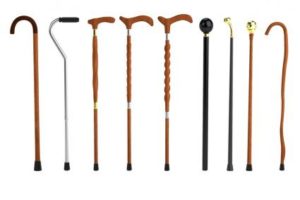 I am a limper. I limp more than most people. In my younger days I was always spraining an ankle. High school football marked the start of my knee adventures when I partially tore my anterior cruciate ligament. I was born with chondromalacia, meaning my kneecaps are somewhat askew, leading to arthritis at a relatively young age. I had arthroscopic surgery on my right knee in my late 40s.
I am a limper. I limp more than most people. In my younger days I was always spraining an ankle. High school football marked the start of my knee adventures when I partially tore my anterior cruciate ligament. I was born with chondromalacia, meaning my kneecaps are somewhat askew, leading to arthritis at a relatively young age. I had arthroscopic surgery on my right knee in my late 40s.
In the meantime, I hiked, hunted, backpacked, played killer volleyball in the Army, and climbed over twenty fourteeners, mountains over 14,000 feet elevation. I always experienced some pain during all that, but I just kept on truckin’.
It all changed when I climbed Sunshine and Redcloud Peaks in the San Juan mountains. It started as a fine day in country mostly new to me. A great climb, with a lot of time sharing the alpine tundra with the resident Pika. It started clouding up as we dropped down from Sunshine on the way to Redcloud. On the summit of Redcloud we were in a whiteout with horizontal snow. We got scared when I took my hat off and my hair stood on end, what there was of it.
We headed down as fast as we could, having experienced lightning above timberline before. People die that way. We moved straight down, sort of loping down a scree field. By the time we reached timberline I was hobbling, both knees screaming. That was the end of my climbing and backpacking days. I did climb Quandary Peak some years later, but I was climbing with people twenty years older than me and it is an easy climb for a fourteener.
As a substitute I bought a motorcycle. I had ridden in my younger years, but got away from motorcycles. I have always sought out activities I have no business engaging in. I was repeating a risky activity beyond my ability.
My first ride into the mountains was up Golden Gate Canyon, one of the many canyons carved down the face of the Colorado Front Range. The canyons are all winding, scenic, and steep, making for great motorcycle rides. There are hazards. Wildlife, crazy drivers, bad weather, and debris on the road. I went down sliding on some sand . My right knee hit the road, my tibia and fibula stopped, but my femur continued long enough to tear my posterior cruciate. Ow, Ow, Ow. After things healed a bit I kept riding and crashing without too much damage.
One day at work I was walking along and SNAP, my ACL finally gave up. The MCL was also gone so the only things holding my leg together was skin and muscle. I now have a titanium knee. It works fine. My left knee is not so good. Most of the cartilage is gone and arthritis has set in.
I get injections in my knee from time to time, and they help. Some. Mostly I live with some pain, cycling from mild to hobbling. I will get another knee replacement some day. I fall down. I always have have to some degree, lacking much coordination. Now it is worse as my balance is increasingly rocky. I fall off ladders, down stairs, and even on level ground.
On one of my trips down the stairs I bruised my left hip. I figured it would heal, not being broken but no luck. It’s sore, a lot, but aspirin and BenGay are helping. The orthopedist I have gotten to know pretty well says there is arthritis and not much cartilage there. She looked at me and suggested a hip and knee replacement. Well, maybe someday.
I look at these health issues as teachers. Stuff doesn’t work well, it gets plugged up, it doesn’t want to flow, and it hurts. It is all likely to get worse. My job is to adapt. Life involves change. It involves pain. It is endlessly rewarding. The pain may be limiting, but it does not necessarily lead to suffering. After all, I can still look at car crashes in Russia on You Tube and make up lies for you to read.
